Resident Evil 7: Biohazard and Resident Evil Village are the two newest games in Capcom’s popular horror franchise. They both feature Ethan Winters as the new hapless protagonist, as well as Chris Redfield as a side character. Both games steer away from traditional zombies and take the series in a new direction, story-wise.
Here we’ll compare both games in four separate categories and see which one comes out on top.
Story
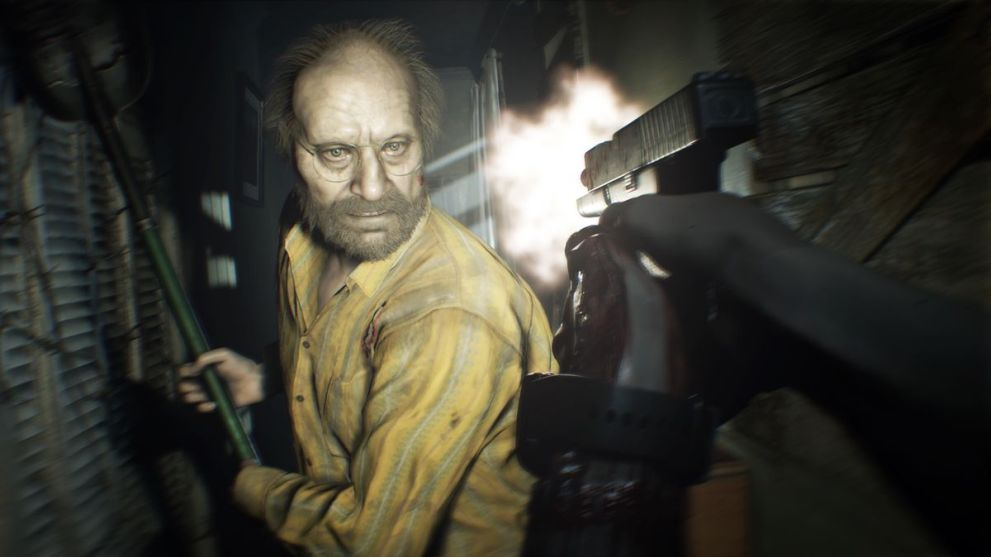
Both RE7 and Resident Evil Village feature the same main protagonist, Ethan Winters. In RE7, he went to the Baker estate in search of his wife Mia, who he believed was dead, and quickly found himself in the clutches of the Baker family. The game moves the Resident Evil canon in interesting and unexpected ways, with Chris’ cameo at the end being one of the biggest surprises.
It also brought back that old-school RE feeling of taking control of your average everyman who didn’t know what was going on — a far cry from playing as characters like Leon or Chris today, who both feel like super soldiers at this point. The story humanized the Bakers in surprising ways, and it was self-contained too, so even newcomers would be able to enjoy it for what it is.
Resident Evil Village suffers in that it’s a direct sequel to 7, and tries to set up too many things at once. It’s clear that Capcom has plans for the story post-Village, and not only that, but Village also definitely stumbles in the final act as it tries to cram too many things into the story at once.
Overall, the setting itself is also weaker than 7 and the European village just doesn’t exude that same kind of horror that the swampy Louisiana Baker estate did.
Winner: Resident Evil 7, by a pretty large margin.
Gameplay
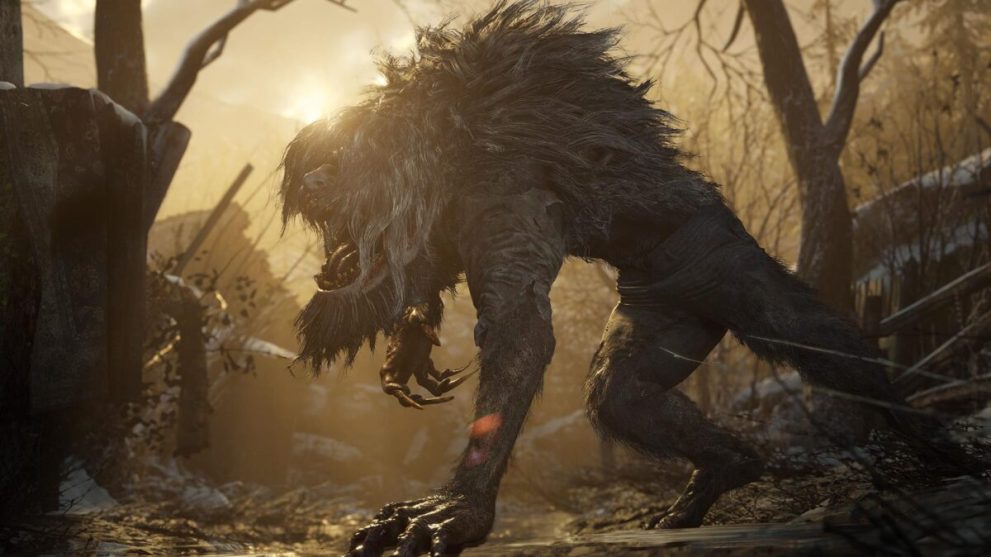
Both 7 and Village are first-person shooters, and both attempt to go back to the series’ roots by reintroducing strangely elaborate puzzles. Both games will force you to combine items, find ornate keys, fit little stone dog heads into door panels… that sort of thing.
But the biggest difference in gameplay lies in the gunplay itself. In Resident Evil 7, you could collect various powerful weapons and attachments but there was no meaningful way to upgrade them. With Village, we see the return of the merchant in the form of the Duke, and it’s already so much more engaging.
The Duke lets you upgrade various aspects of your weapons like reload speed, capacity, firepower, and fire rate. There’s joy to be had in saving up money for upgrades that feel impactful in the game. Not only that, the inventory system from RE4 is back as well, making inventory management a lot more fun in Village.
The enemy variety is also pretty dynamic in Village, compared to the generic mold monsters of 7. Even if you aren’t a fan of vampires and werewolves, and would rather go back to traditional zombies, they sure beat random mold guys coming out of the walls.
Winner: Resident Evil Village. There’s no doubt about it. Village might lack in story and setting, but it’s certainly a lot more fun to play.
Bonus Content
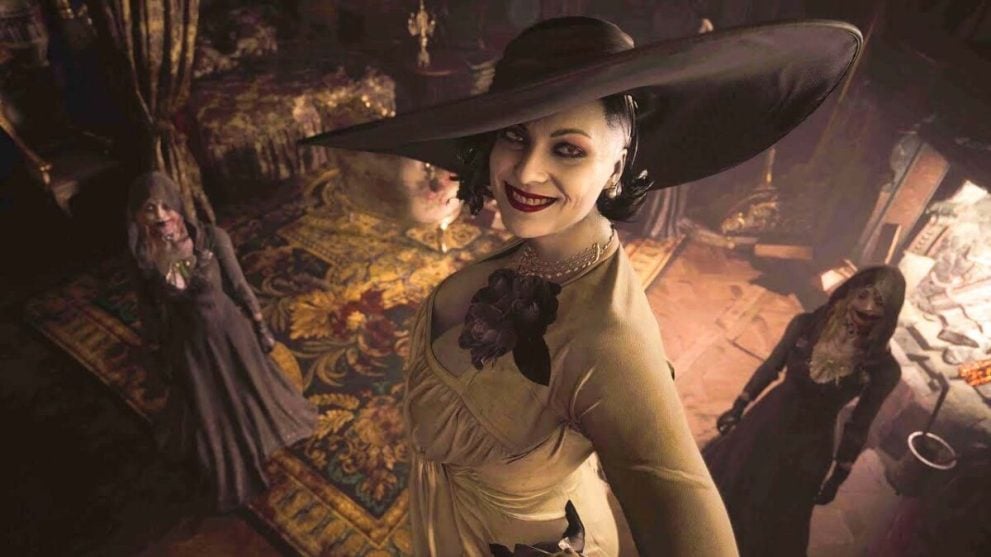
Resident Evil games usually offer a bonus mode or two for players to jump into once you’ve beaten the campaign, and the same goes for both 7 and Village. Resident Evil 7 features two extra modes: Ethan Must Die, and Nightmare.
The former is kind of like a rogue-like mode where you’re constantly breaking crates while moving around the Baker estate for a chance to get more powerful items to defend yourself against enemies. Crate layouts are different with each run, so you’ll always have to think on your feet.
Nightmares is a bit similar to Mercenaries, but there’s only one level, which is the basement of the Baker estate. You have to survive as long as possible and rack up points by killing mold monsters and setting traps. It’s fine, but the lack of enemy variety hurts the mode, and it would’ve been nice to have more levels too.
Right now, Resident Evil Village only has one extra mode, and that’s Mercenaries. This time around, Mercenaries incorporates elements of Raid mode from Revelations, and it works to great effect. There are tons of different abilities to pick up in a level, and the rush of getting high kill combos in the shortest amount of time is incredible. There’s nothing like it, and it’s great to have Mercenaries back after all these years.
There are different weapon combinations to experiment with, and the randomness of the abilities always keeps your runs feeling fresh. There’s also quite a bit of content in Mercenaries, as after you’ve beaten the four stages, you unlock harder variants of them which will put your skills to the test.
Winner: Resident Evil Village. There’s just no beating Mercenaries. It’s long been one of the best extra modes in the series (alongside Raid), and it’s still incredibly fun in Village.
The Horror Factor
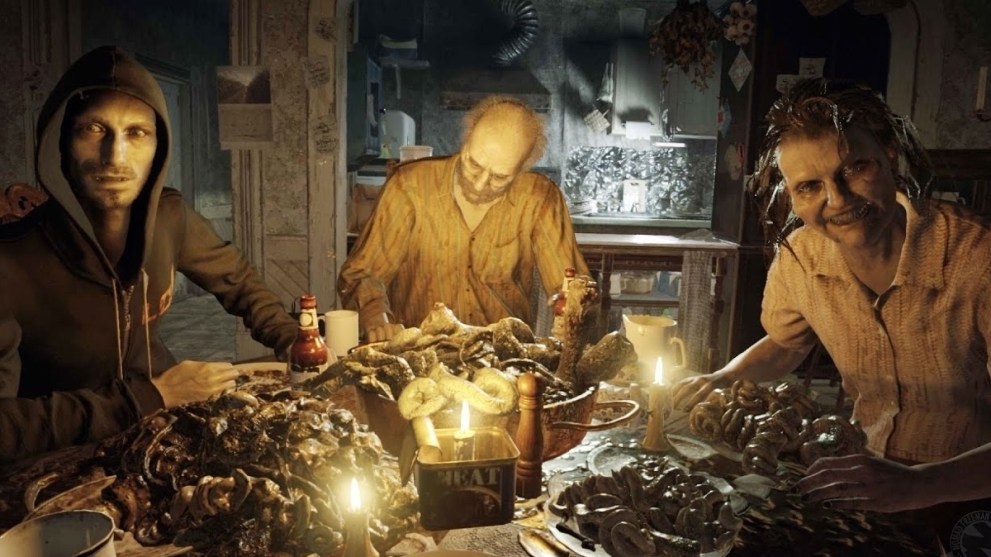
It wouldn’t be a Resident Evil game if it wasn’t a little bit scary, and it’s pretty easy to determine a winner in this category.
You’ve probably already guessed it, but Resident Evil 7 is hands down the scarier game of the two. While the European village and castle settings of Resident Evil Village can be pretty unsettling at times, it doesn’t come close to the dilapidated Baker estate.
The Baker house, as well as the greenhouse and boathouse, feels claustrophobic and eerie every step of the way. The game also does a good job of presenting the Bakers as terrifying serial killers in the first half, which makes them a lot scarier than the supernatural mumbo jumbo vampires and werewolves we get in Village.
And while the mold monsters are generic and we wish the enemy variety was better, those mold guys are also way creepier than werewolves, of which we’ve seen a ton of before in other games and media. Couple that with the fact that Ethan is a little more experienced and less afraid in Village, and this game just feels way less scarier than 7.
Winner: Resident Evil 7.
Winner: Tie
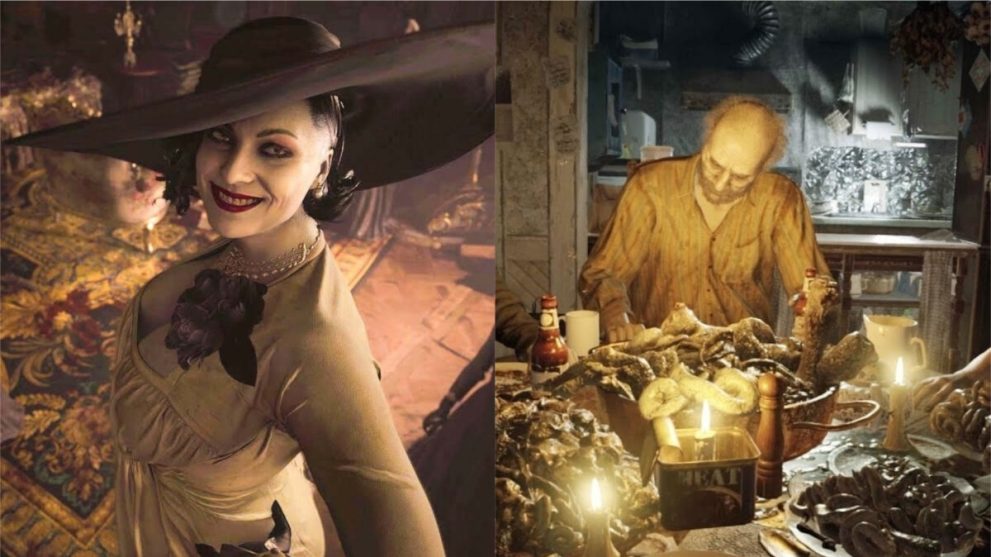
While the end result is a tie, both games are strong in different areas and will appeal to different people. Resident Evil 7 is more akin to old-school RE, where you’re there for the atmospheric tension and overall eerie vibes. Like any other game in the series, it gets a lot less scary towards the end, but the journey there is exhilarating.
On the other hand, if you prefer the gunplay and goofy extra content in these games, Resident Evil Village has a way better offering. Village feels a lot like RE4, which also wasn’t a very scary game, but it excelled in the action department and fans of that game will love the weapon upgrading system here. Mercenaries is also a huge highlight, and will likely keep you invested for hours after the credits have rolled.

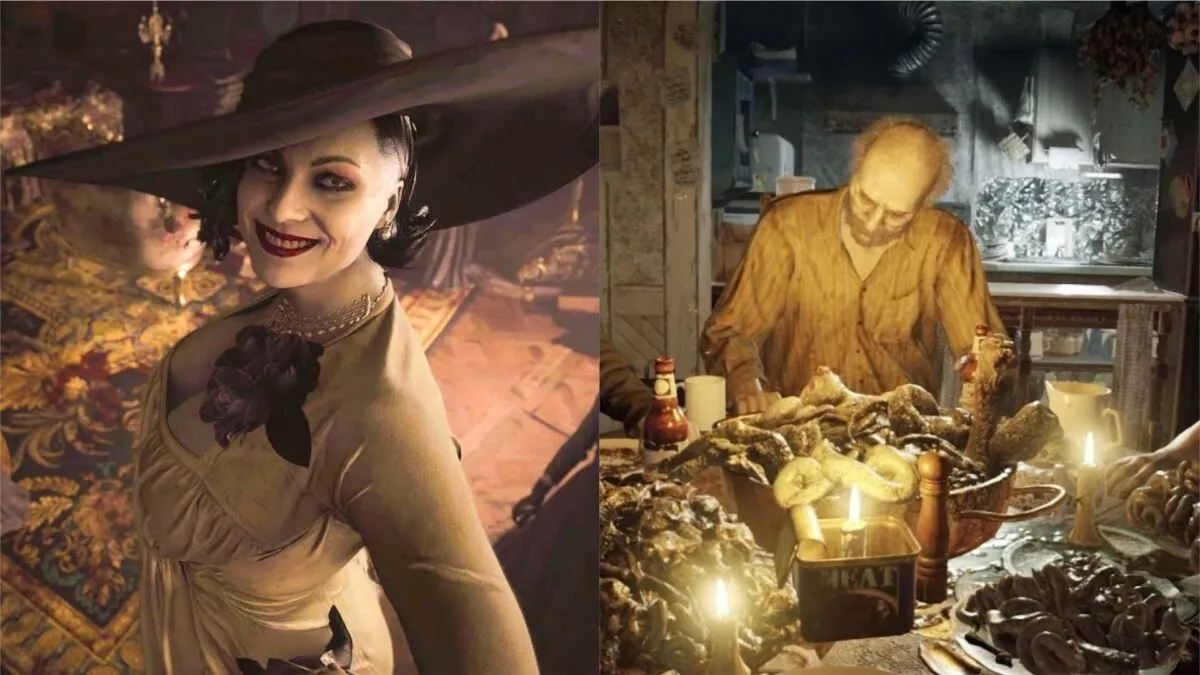











Updated: May 12, 2021 06:42 am